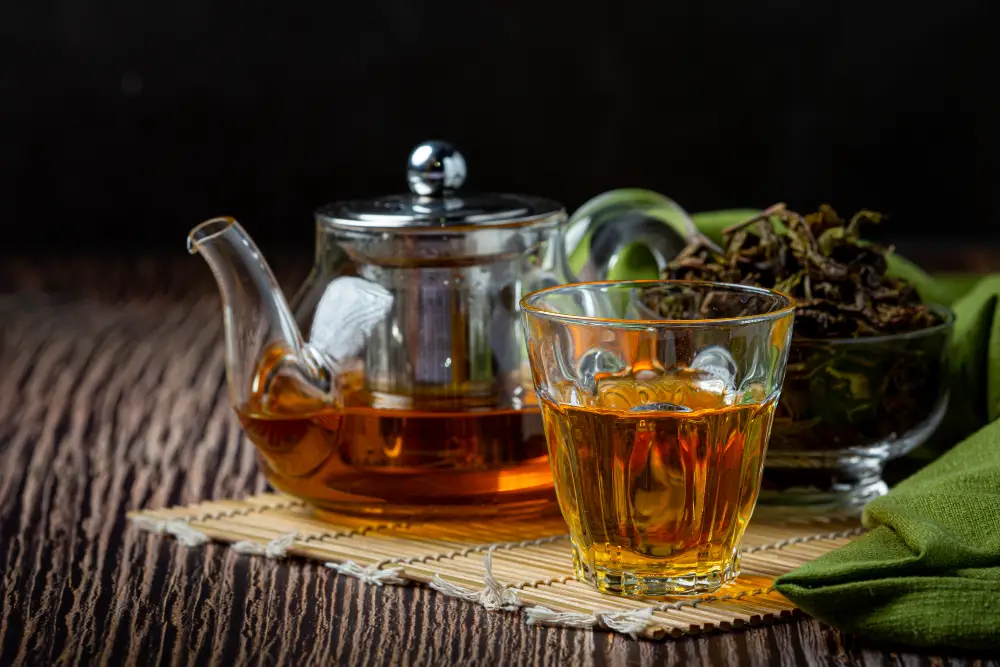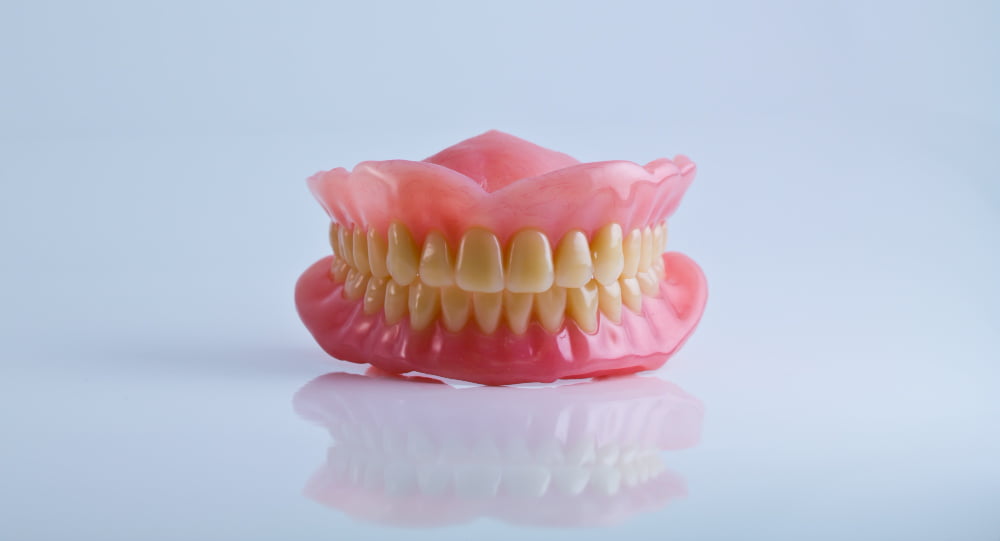Did you know that the liver is actually the biggest glandular organ in our bodies? And get this, and it can handle more than 200 different tasks all at the same time! It’s responsible for breaking down our food, regulating hormones, and keeping our cholesterol, fats, proteins, and sugar levels in check. But with all the pollution and pesticides in our environment, our liver has to work extra hard to detoxify our bodies from harmful chemicals we don’t even know we’re consuming. Plus, unhealthy habits like drinking, not exercising, and being overweight can damage our livers even more. Think of it like overloading your sanitation workers with heavy weights while they’re trying to clean up your house and society. So, it’s super important to give our liver some extra TLC and detoxify it naturally.
Lucky for us, there are some excellent herbs out there that can help us do just that. In this blog, we’ll talk about some of the best herbs for liver cleansing, plus how to have them to keep it healthy and happy.
milk thistle (silymarin, salibum marianum)
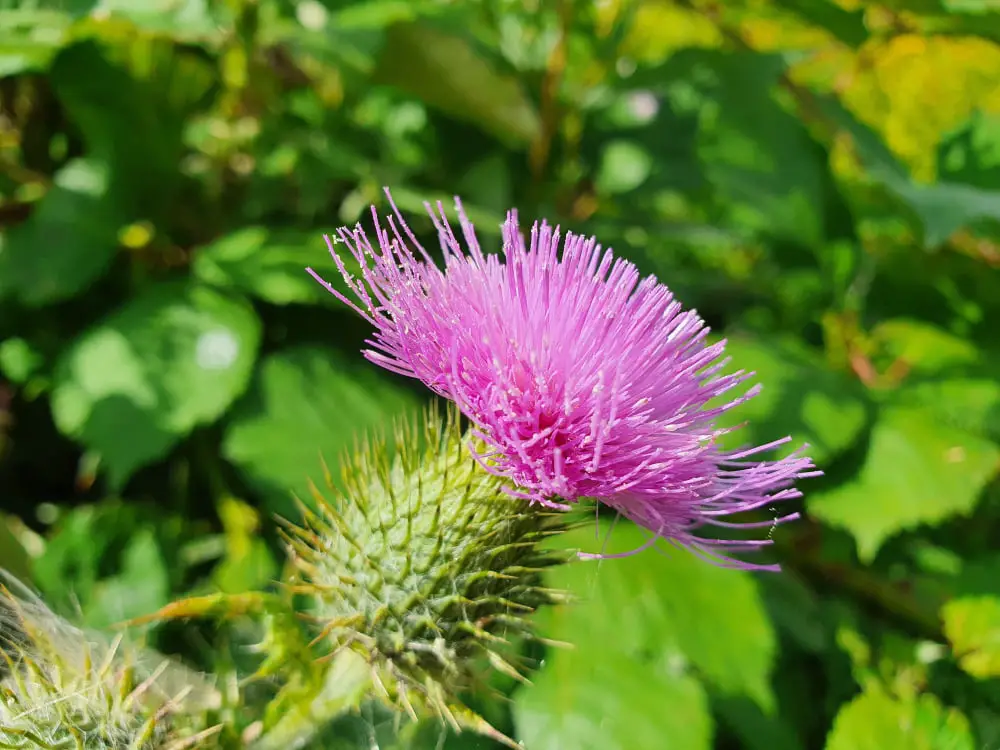

Have you ever heard of milk thistle? It’s a plant that’s really good for your liver! The leaves have white veins that look like milk giving it its name. Milk thistle can grow pretty tall, up to 6 feet! But it only lives for a year or two. There’s this thing in it called silymarin, and a study has shown that it’s really good for us as it has got antioxidant and regenerative properties. It’s like a big fighter against bad stuff in our liver. Milk thistle can help a person heal and feel better with liver cirrhosis and inflammation.
How to take; To benefit from this herb, one can easily prepare tea from ground seeds and leaves or can purchase its tea bag, which is easily available in-store.It is recommended to seek advice from a professional regarding the appropriate dosage of this herb for liver cleansing.
Turmeric (curcuma longa)
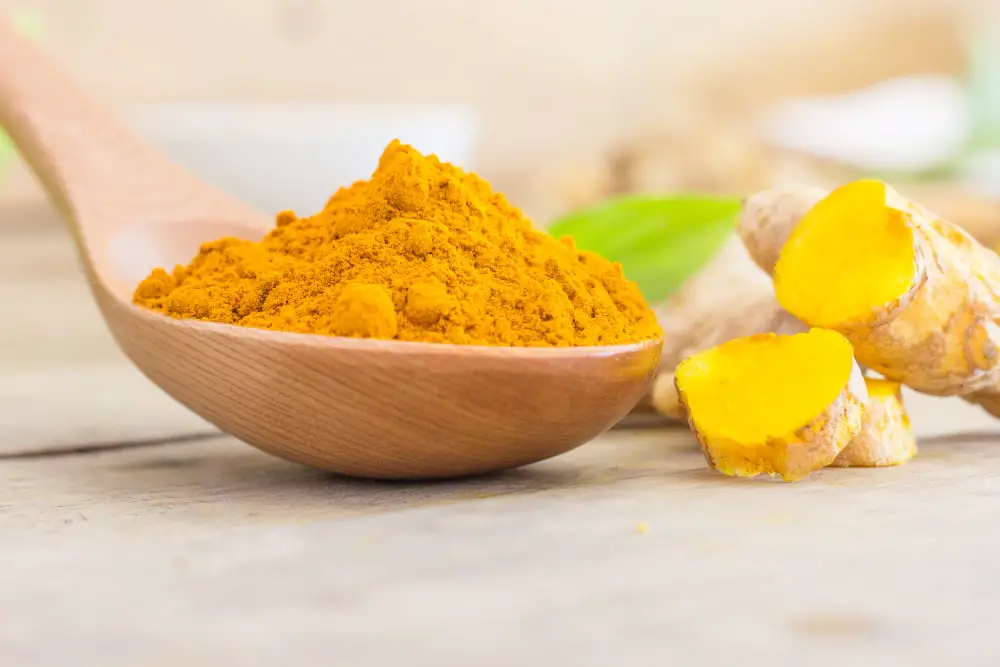

This bright yellow herb is a staple in most kitchens and has been used for centuries as a natural remedy for various ailments. Turmeric contains a powerful active compound called curcumin, which is an antioxidant, anti-inflammatory, anti-cancer, and pain reliever, all in one. These make it an ideal choice for individuals suffering from chronic liver disease. It is an effective liver detoxifier, and even healthy individuals can incorporate it into their diet to maintain good liver health.
How to take; Turmeric can be used as a spice in dishes like vegetable curry or consumed with warm milk, also known as Golden Milk. Research has shown that the effectiveness of curcumin in turmeric is intensified when combined with black pepper, so adding black pepper to turmeric can enhance its benefits. One can include up to one and a half grams of powder in a daily diet.
garlic (Allium sativum)
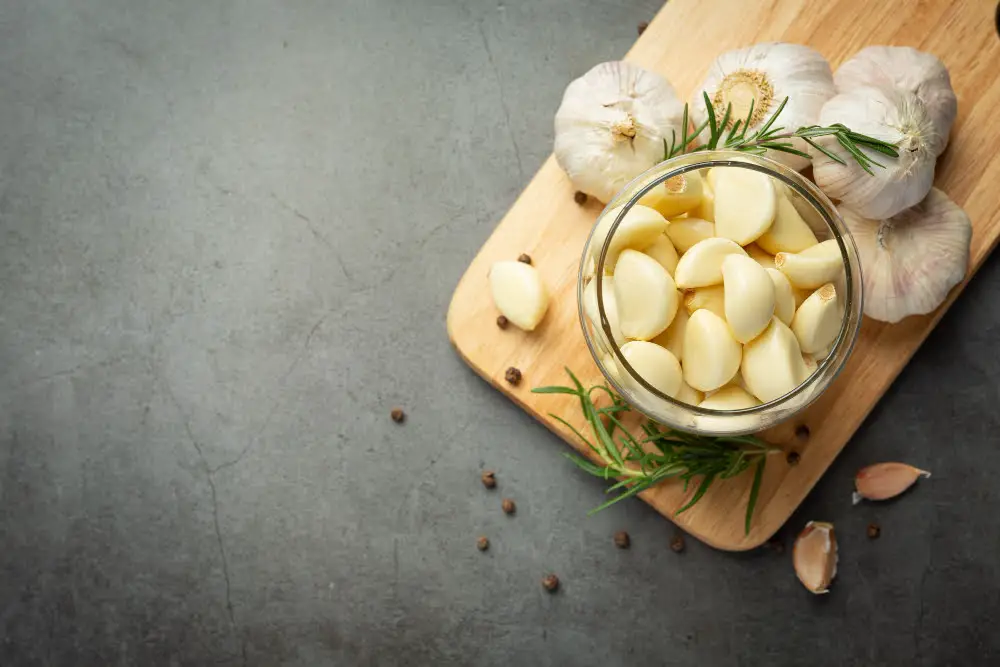

This herb is commonly used as a salad dressing or in soups and stews. It’s a great way to add flavor, but did you know it’s also good for your liver? That compound called allicin is the secret. Research has shown that eating raw garlic can actually help prevent fatty liver disease. In another study, it was found that regularly using this herb can lower our risk of liver cancer. Plus, it has a sulfur compound, responsible for its typical smell, that activates liver enzymes and helps get rid of toxins. So, if you want to boost your liver health and feel better overall, try adding this herb to your diet.
How to take; To benefit from garlic, take two to three cloves on an empty stomach in the morning or use it as a spice while cooking. For liver protection, a daily dose of 600 to 1200 milligrams is recommended to achieve optimal results.
Licorice (Glycyrrhiza glabra)
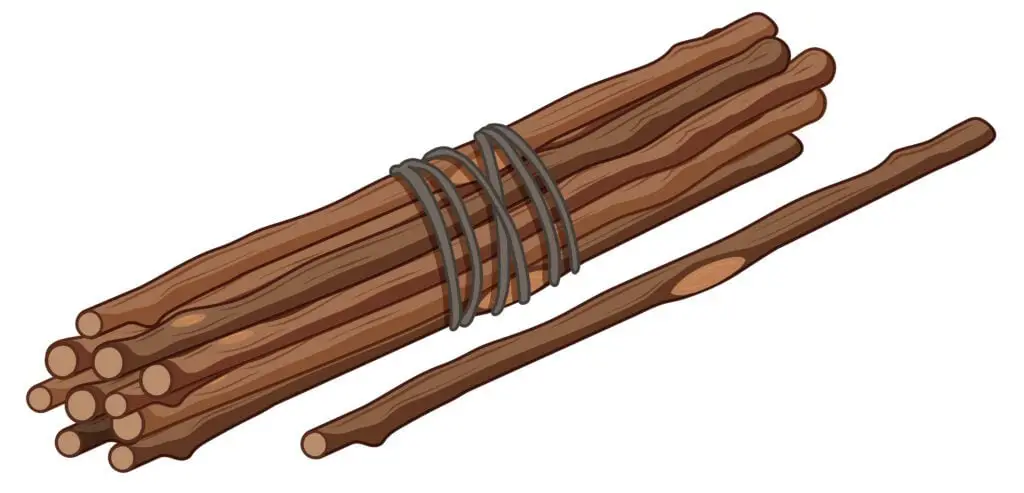

This Iranian root herb has a metallic, sweet flavor that is released when chewed and is known to be beneficial for liver diseases and detoxification. It has been used as traditional medicine in China and Japan, particularly for treating liver damage caused by alcohol consumption. Research has shown that licorice possesses anti-inflammatory and antioxidant properties, which are effective in preventing and curing liver damage.
How to take; There are various ways to consume this herb, including in raw root form, capsules, or powder form. However, it is important not to consume more than 500 milligrams per day. Chewing the root is a popular method and provides a slow, sweet taste in the mouth.
Ginger (Zingiber officinale)
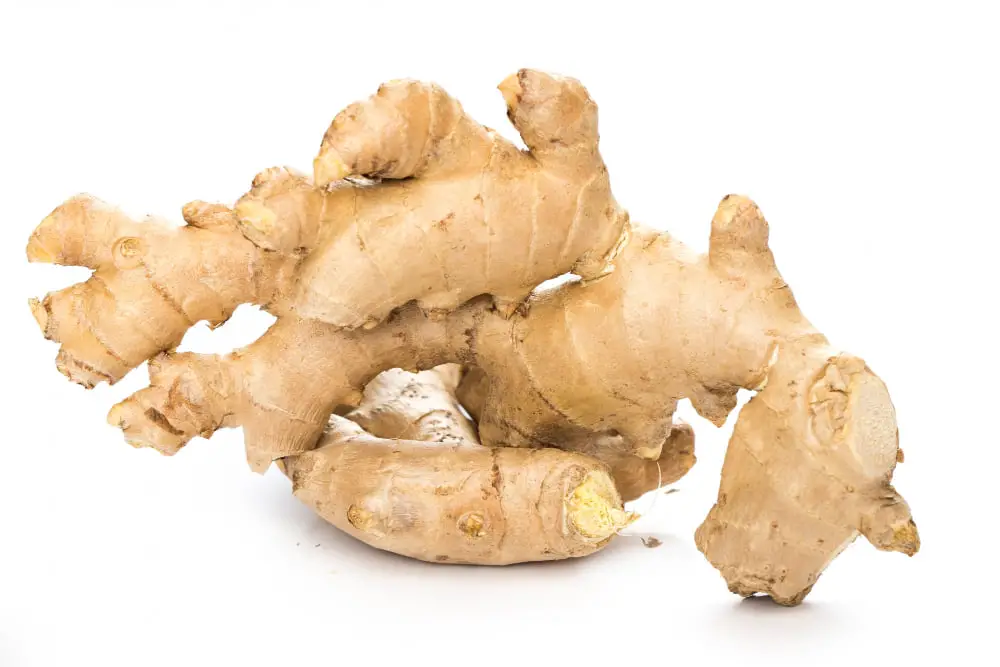

This herb is a fantastic way to detoxify the liver, and it’s even effective in cases of drug-induced liver damage. It’s a common ingredient found in most kitchens, known for its culinary uses, and has been used for generations to treat various illnesses and health-related issues. Ginger supplements and essential oils have been proven to increase the body’s antioxidant activity, and reduce insulin resistance and inflammation, thanks to the potent antioxidant compounds called gingerols and shogaols found in them.
How to take; Drinking ginger tea is a popular and straightforward way to enjoy this herb. It can also be added to curries and vegetable dishes that are frequently prepared as part of a meal. While this herb is generally safe to consume, it is recommended that an average person consume no more than 4 grams per day. It would be prudent to seek the guidance of a qualified expert prior to incorporating ginger essential oils into your wellness routine.
Indian Gooseberry (Amla, Phyllanthus emblica)
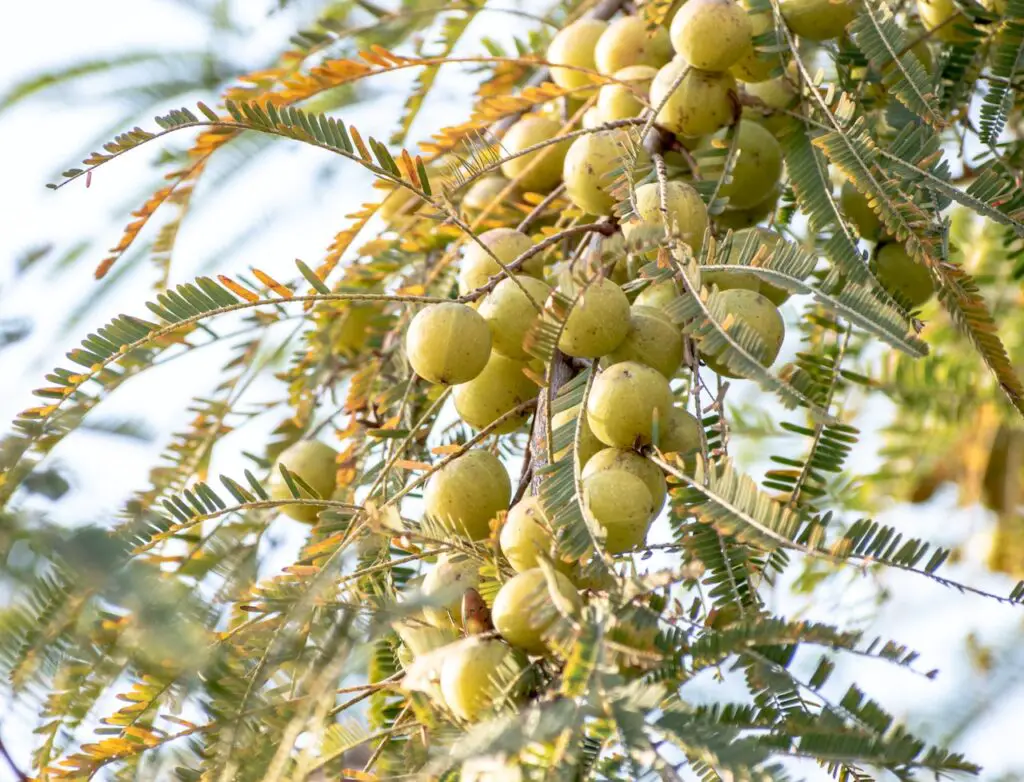

This herb, popularly known as Amla and primarily found in parts of Asia, possesses numerous medicinal properties. In Indian Ayurveda, it is used to balance the three elements or dosas (air, water, and fire) in our body. With high levels of antioxidants and vitamin C, Indian Gooseberry effectively reduces inflammation and scours free radicals. It is especially beneficial for liver health, aiding in the recovery of patients experiencing liver issues such as Jaundice. Additionally, it has been found to be effective in treating fatty liver disease and damage caused by alcohol consumption.
How to take; To make amla juice, grind two to three Amla into a fine paste, add water, and strain the mixture. The juice should be consumed immediately. Alternatively, mix up to three grams of amla powder with water or add it to smoothies. In Asian countries, such as India, amla pickles are a common flavor enhancer and are eaten daily with meals.
Dandelion (Taraxacum)
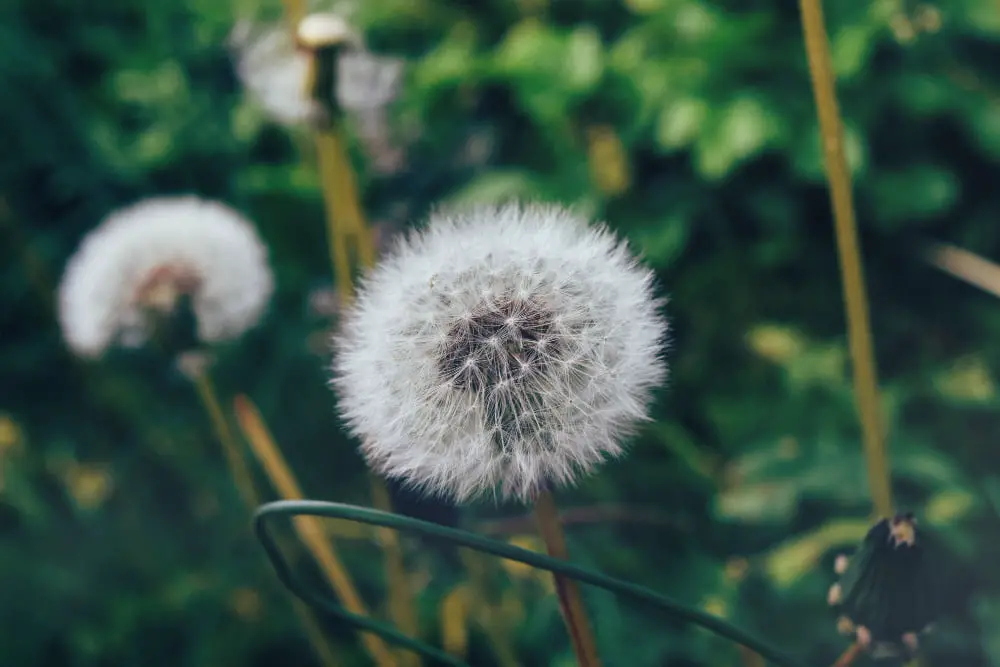

Dandelion tea, prepared from its roots and leaves, has been widely used in Egyptian, European, and Chinese cultures for its ability to reverse liver damage and disease. It is considered a liver tonic as it promotes bile production in the liver, which plays a crucial role in fat metabolism and detoxification. Extracts from dandelion leaves and roots have been found to contain polysaccharides that have the potential to cure liver fibrosis, a condition that, if left untreated, can lead to liver cirrhosis or failure. Additionally, it has been shown to be effective in treating fatty liver disease.
How to take; Fresh dandelion greens can be used in salads, sandwiches, pizzas, and soups, while dried dandelion roots are best for making liver tonic tea. To prepare dandelion tea, add one teaspoon of dandelion root powder to half a cup of boiling water and let it steep for ten minutes. However, if you plan to use it for therapeutic purposes, it’s best to consult a doctor first.
Peppermint (Mentha piperita)
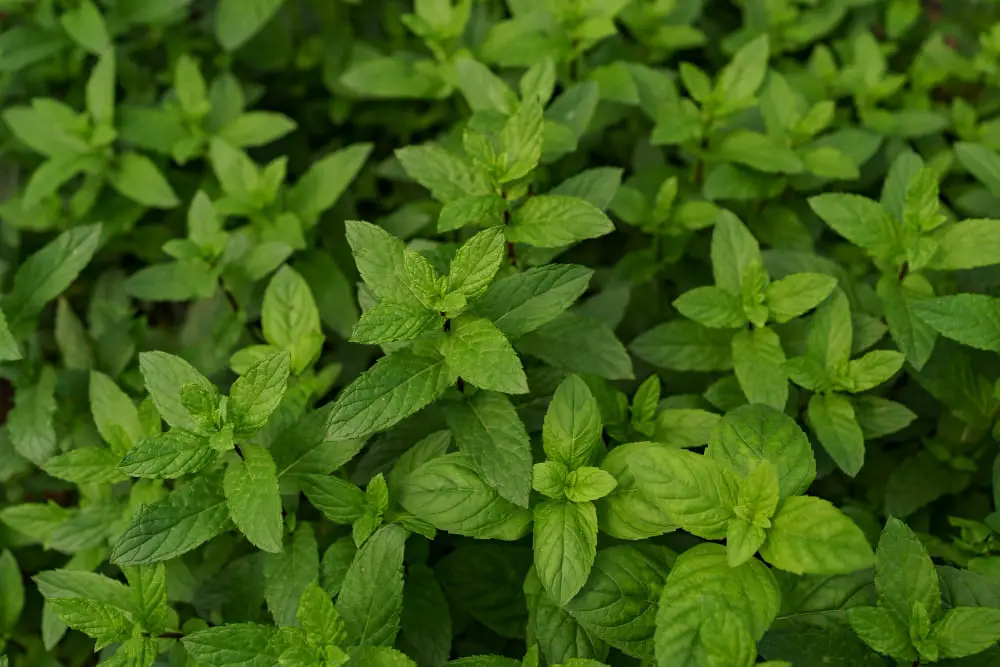

Peppermint, commonly referred to as mint, is a powerful herb that holds great potential in aiding digestion and detoxification of the liver. The plant contains a combination of menthol and menthone, which play a vital role in promoting the well-being of the liver. Throughout history, mint has been a go-to herb for treating digestive complications due to its soothing and calming properties. Furthermore, among all herbs, mint holds the highest concentration of antioxidants, making it a valuable addition to any diet.
How to take; The best way to consume this herb is by making tea. To prepare it, boil one tablespoon of mint leaves in one cup of water and steep it for 5 minutes. Alternatively, peppermint tea bags can be readily found in the market.
ginseng (Panax ginseng)


Throughout history, the dried root of this renowned herb has been widely utilized as a form of both herbal medicine and functional food. Its extract containing ginsenosides(ginseng saponins) has been shown to be incredibly effective in treating liver damage caused by both chemicals and hepatitis, providing a powerful remedy for those suffering from these conditions. Furthermore, it facilitates the breakdown of fats, promoting optimal liver function in the metabolism of fats. In-depth studies have demonstrated that this herb can also reduce inflammation in patients afflicted with non-alcoholic fatty liver disease, making it a valuable tool in the fight against this common ailment.
How to take; Consuming ginseng tea is a widely practiced and simple method of ingesting this herb. It can also be incorporated into different recipes. However, its powder, capsule, and oil are accessible in the market but must be consumed only after consulting with a professional.
Closing Remarks
The liver is an essential organ that plays a crucial role in many of our bodily functions. However, it is important to note that the liver can be sensitive to excessive amounts of herbs or medicines. In order to ensure your liver’s health and safety, it is highly recommended to consult an expert before considering taking more than two herbs at a time for liver cleaning. This will help you make informed decisions about your health and avoid any potential risks.
If you want to read more of our content, please visit our blog
Featured Image by brgfx on Freepik
DISCLAIMER – The tips provided are for informational purposes only and do not constitute professional advice.

